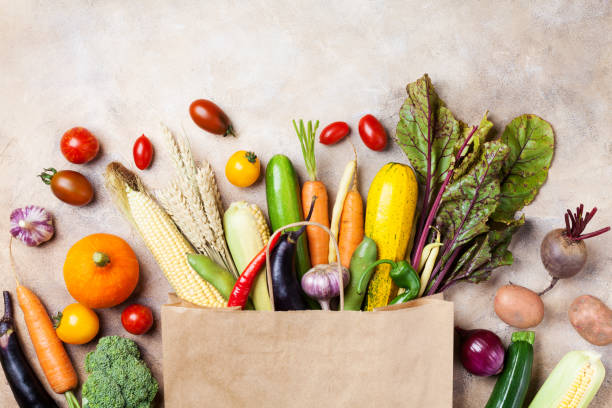
The Benefits of Eating Seasonal Fruits and Vegetables
Share
Eating seasonal fruits and vegetables is one of the best ways to enjoy fresher, tastier, and more nutritious produce while supporting local farmers and reducing environmental impact. As each season brings its own unique harvest, incorporating these natural cycles into our diet can improve our health and enhance our culinary experiences. In this article, we will explore the key benefits of eating seasonal produce and why it’s a smart choice for your well-being and the planet.
Higher Nutritional Value
Seasonal produce is harvested at its peak ripeness, meaning it contains higher levels of vitamins, minerals, and antioxidants. Fruits and vegetables that are allowed to grow naturally and ripen in their ideal conditions retain more nutrients compared to those that are artificially ripened or stored for long periods. For example, summer berries are rich in vitamin C and antioxidants, while winter squash provides a great source of fiber and beta-carotene.
Better Flavor and Freshness
One of the most noticeable advantages of eating seasonal produce is the enhanced taste. Fruits and vegetables that are grown in-season are fresher, juicier, and more flavorful. When produce is shipped from long distances, it often loses its natural taste and texture due to storage and transportation. Eating locally sourced, in-season produce ensures that you experience food at its best.
Supports Local Farmers and Economy
Choosing seasonal fruits and vegetables from local farmers' markets or community-supported agriculture (CSA) programs helps sustain small-scale farmers and strengthens the local economy. Buying local also reduces the reliance on imported produce, which supports a more sustainable food system and keeps money circulating within the community.
More Affordable and Accessible
When fruits and vegetables are in season, they are often more abundant and therefore less expensive. Off-season produce requires costly transportation and storage, leading to higher prices. By purchasing seasonal foods, you not only get better quality but also save money on grocery bills.
Environmentally Friendly Choice
Eating seasonal produce reduces the need for long-distance transportation, excessive packaging, and artificial preservatives, all of which contribute to a lower carbon footprint. Locally grown, seasonal food is a more sustainable option that helps conserve resources and supports eco-friendly farming practices.
Incorporating seasonal fruits and vegetables into your diet is a simple yet effective way to enjoy fresher, more nutritious meals while benefiting the environment and supporting local farmers. By choosing foods that naturally thrive in each season, you can enhance your health, enjoy better flavors, and make a positive impact on the planet. Next time you go grocery shopping, consider what’s in season and embrace the delicious variety nature has to offer.
Get more knowledge about eating healthy, please refer to Mediterranean Vegetarian Cookbook.
